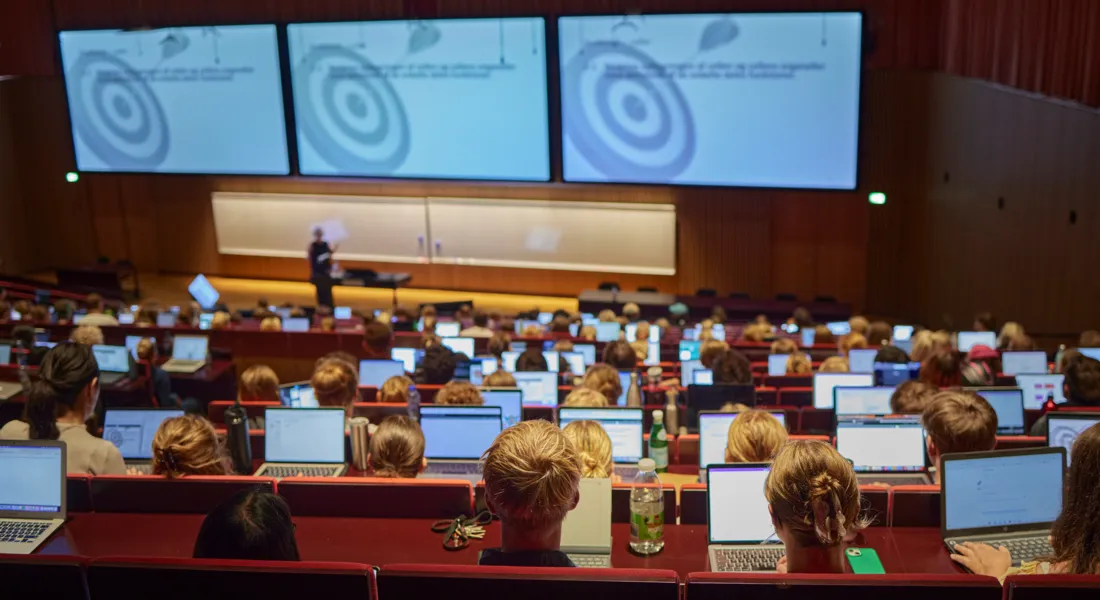What causes inequality in education?
Despite an expanding education sector, educational inequality is increasing in Denmark. Researchers from the Department of Sociology and the ROCKWOOL Foundation will now investigate the mechanisms behind this development.

Children of highly educated parents have benefited the most from the significant growth in higher education over the past 20-30 years, while young people from less resourceful families have seen only limited benefits.
But what are the factors behind the growing inequality in education, which contradicts the Danish welfare ideals of social mobility and equality in education?
This question is the focus of a new project funded by the ROCKWOOL Foundation. The project will map the growth of higher education and examine the specific impact that the expansion of the educational palette has had on young people's journey through the education system.
"A key question is whether young people from resource-rich families will think and act more strategically in their educational choices when more people in their generation attend higher education," says Jesper Fels Birkelund, Assistant Professor at the Department of Sociology and one of the three researchers on the project (see box).
Strategic educational choices may involve young people from more privileged families increasingly seeking more prestigious or longer programmes, such as a PhD. But polarisation can also be rooted in young people's educationally relevant skills and abilities, says Jesper Fels Birkelund:
"It is possible, for example, that middle-class children – helped by their parents' upbringing – have become both more capable and more adaptable when it comes to pursuing higher education," he explains.
Specific factors behind inequality
The project will explore such complex relationships using a wide range of data, focusing on Danes born between 1960 and 1995:
If we want more equality in education, it's important to know the current barriers and their causes.
-
Register data will map young people's family backgrounds and pathways through the education system.
-
A population survey of 150,000 Danes will reveal educational preferences and personality traits.
-
Finally, the study analyses young people's learning abilities and skills using conscription records and PISA surveys.
The overall aim is to get a much clearer picture of the factors and dynamics that create inequality in education.
"If we want more equality in education, it's important to know the current barriers and their causes," says Jesper Fels Birkelund.
"When does polarisation reflect differences in young people's skills and general socialisation? And when are different preferences and strategies more important? The answers to such questions have implications for the selection of policy instruments."
Contact
Jesper Fels Birkelund
Assistent Professor, Department of Sociology
Email: jfb@soc.ku.dk
Mobile: +45 29 27 00 60
Søren Bang
Journalist
Faculty of Social Sciences
Email: sba@samf.ku.dk
Mobile: +45 29 21 09 73
